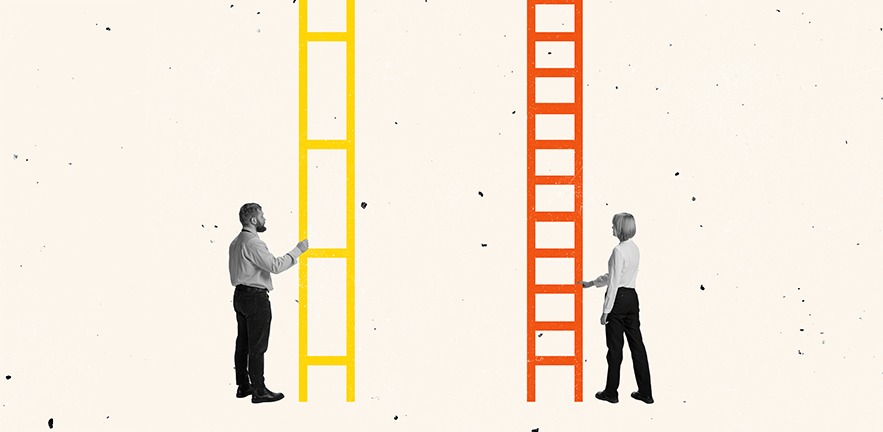The ‘hold-up problem’ in business: new study co-authored at Cambridge Judge Business School highlights how concerns about fairness thwart beneficial reciprocity.
A common dilemma facing investors is whether a partner receiving an investment will receive most of the gains flowing from the investment, leaving the investor with no benefits – which is known as the hold-up problem.
This concern over unfairness often results in underinvestment and inefficiencies, and has been the subject of much research over the years.
People focus only on the moment in (un)fairness
However, a new study co-authored by two faculty members at Cambridge Judge Business School and a PhD graduate of the School, offers a starkly opposite possibility: that fairness concerns can also induce a hold-up problem which would not occur if parties are purely self-interested but could occur if they care about fairness post-negotiation.
Put simply, the study highlights how people’s sense of (un)fairness often focuses only on the moment rather than a situation’s broader history, and that people’s concerns about unfairness can prompt them to react in ways that are not even in their own self-interest.
This new look at the hold-up problem – highlighting “a potential conflict between demand for distributional fairness and positive reciprocity” – is outlined in a study published in the journal Theory and Decision.
Tech and environmental investment could be held back
Examples of this different hold-up problem might include an employer refraining from tech investment due to concerns employees might later demand a “fair” share of the firm’s increased value, or, in environmental matters, less developed nations being reluctant to invest in green technologies out of fear that developed nations would seek distributional fairness in sharing the cost of carbon offset.
Findings and implications

Dominique Lauga and Vincent Mak discuss some of the study’s findings and implications:
Dominique Lauga: The study is based around the fact that, in many business contexts, people focus only on what they perceive as fairness in the moment rather than fairness within the overall history of a situation. For example, an employee who is extensively trained by a company will often forget about that five years later when it comes to salary discussions – and demand the market rate without any regard for the significant training cost incurred by the firm.
Vincent Mak: People often make decisions out a sense of perceived ‘unfairness’ even if the decision is not to their benefit. The tragedy is when people who sense unfairness take retaliatory actions even if those actions are detrimental to themselves, for example quitting a job based on what they see as an inadequate pay offer even if the skills they learnt on that job aren’t transferable to a different employer. People’s sense of fairness is often memory-free.

Dominique Lauga: There are clear managerial implications to the aspect of the hold-up problem highlighted in the study. The lesson is that people really need to look at the big picture in a relationship before it’s too late, and to try to get people to make a long-term agreement ahead of time as this may in fact be in both parties’ interest.
Vincent Mak: A message from the study is that managers shouldn’t believe that people will be grateful and offer reciprocity later on – and managers shouldn’t feel guilty about holding that feeling. That’s obviously a very stark message, but it’s a life lesson that managers need to learn.
Dominique Lauga: The study reflects that having the upper hand doesn’t necessarily give you the advantage when it comes to the hold-up problem. You should really get an OK in advance from the other party even if you have the upper hand.
The study
The study – entitled “Hold-Up Induced by Demand for Fairness: Theory and Experimental Evidence” – is co-authored by Raghabendra Pratap KC, a PhD graduate of Cambridge Judge who is now Assistant Professor of Marketing at Rollins College in Florida; Dominique Lauga, Professor of Marketing at Cambridge Judge; and Vincent Mak, Professor of Marketing & Decision Sciences and Vice-Dean for Programmes & Research at Cambridge Judge.


